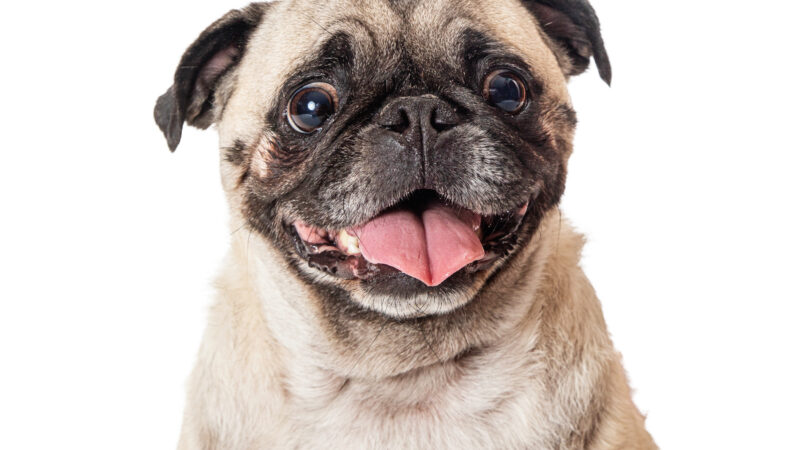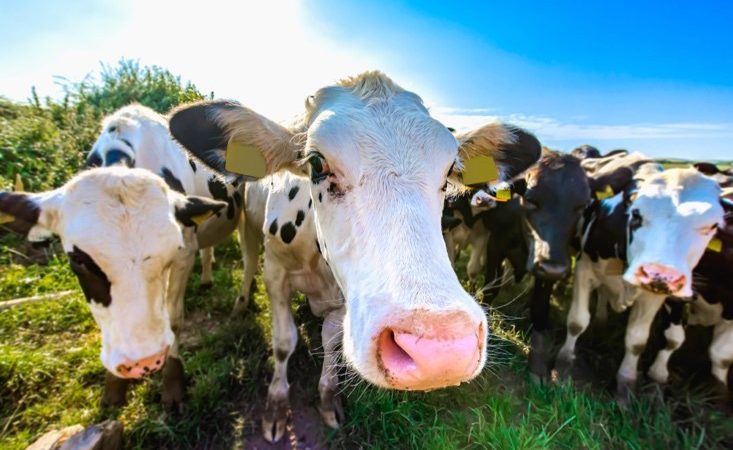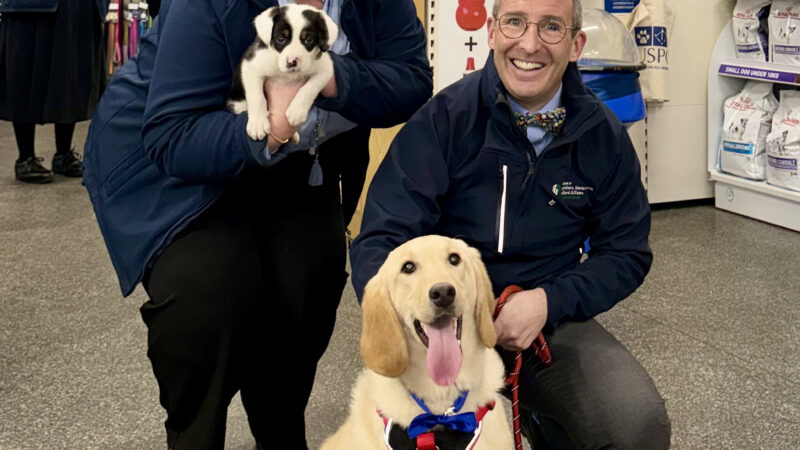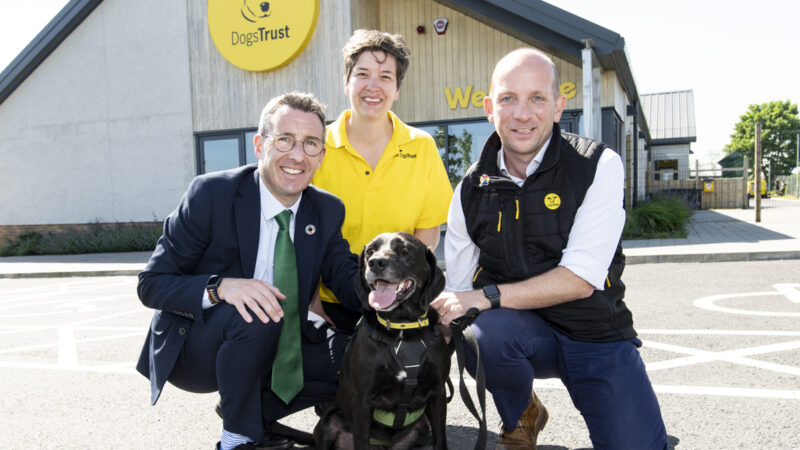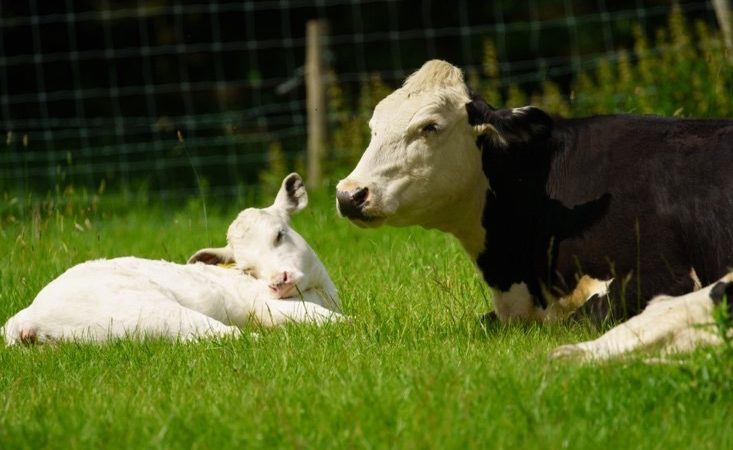H5N8 confirmed in Lough Beg swan

NI’s Chief Veterinary Officer, Robert Huey, has confirmed that a wild sawn found dead at Lough Beg recently had avian influenza (H5N8).
Further testing of the mute swan is now ongoing at AFBI and at the National Reference Laboratory in Weybridge.
News of the NI case comes a short time after two detections of the highly pathogenic disease in poultry in Great Britain – one in Cheshire, the other in Kent. There have also been three confirmed cases of H5N8 in wild birds in England and a falcon in County Limerick recently tested positive.
An Avian Influenza Prevention Zone (AIPZ) has now been declared across Great Britain, which will mean more stringent biosecurity measured to help prevent the spread of the disease.
‘The risk level in Northern Ireland to poultry is assessed as moderate with biosecurity levels on individual sites a crucial mitigation factor,’ Dr Huey said this week. ‘Veterinary officials continue to monitor the situation across Great Britain and the Republic of Ireland and in consultation with stakeholders will determine the necessary next steps to mitigate for an avian influenza incursion in poultry here.’
Dr Huey has reminded bird owners of the need to continue to deploy effective biosecurity measures.
He added: ‘I would re-emphasise the need for all keepers of poultry, including game birds and pet birds, to take action now and carefully consider and improve biosecurity to reduce the risk of transmission of disease to their flocks.
‘If avian influenza were to enter our Northern Ireland flock, it would have a significant impact on our poultry industry, international trade and the wider economy. All keepers of birds should critically review and improve their biosecurity measures where necessary in order to keep their birds safe.’
Biosecurity advice and further information is available at here
The advice from public health officials is that the risk to public health from this strain of avian influenza is very low and the Food Standards Agency advises that avian influenzas pose a very low food safety risk.
Avian influenza is a notifiable disease. Anyone who suspects an animal may be affected by a notifiable disease must, by law, report it to their local DAERA Direct Office.

